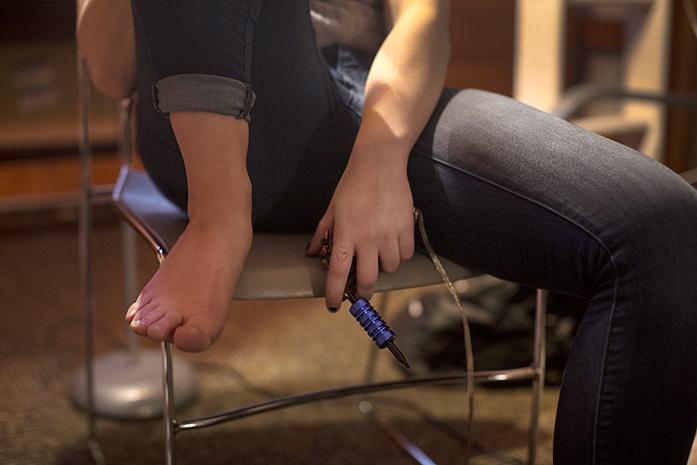Betts said tattooing machines are now easier to acquire than before because of the Internet.
“You had to know somebody, and they had to have a license,” he said.
Betts first learned to tattoo by first doing piercings for 13 years in a place that offered tattoos as well.
“I watched the guys that already knew what they were doing, asked them questions, they give you answers. It’s a traditional apprenticeship like any other trade used to be,” he said. “When people don’t know what they’re doing, they tend to think faster is better; if you’re going too fast and too deep with a tattoo machine, you’re slicing people open like it’s an electric scalpel.”
Doug Beardsley, the Johnson County public-health director, said he’s unsure how many unregulated tattoo artists operate locally, but those in the tattoo business are the ones pushing for stricter regulations.
Beardsley said although Iowa is already one of the stricter states when it comes to tattoo laws, serious infections and blood-borne diseases can occur if simple proper sanitation techniques aren’t used.
Iowa law currently requires each tattoo artist to have a license, which must be signed by the owner of the tattoo parlor as well. Those tattooing also need to take a course on blood-borne pathogens and cross contaminations once a year and get certified in first aid twice a year.
“The risk of exposure to blood-borne pathogens is important for the tattoo artist and not just the clients,” Beardsley said. “Accidental needle sticks and splashing on blood on the artist are workplaces risks, so education and training are very important.”
The student tattooist said even though she’s taken a class on blood-borne diseases and does her best to be sanitary, she’s always nervous about the potential for infection.
Betts said he isn’t buying the excuses he hears for unprofessional tattooing.



